SUMMARY
This is AI generated summarization, which may have errors. For context, always refer to the full article.
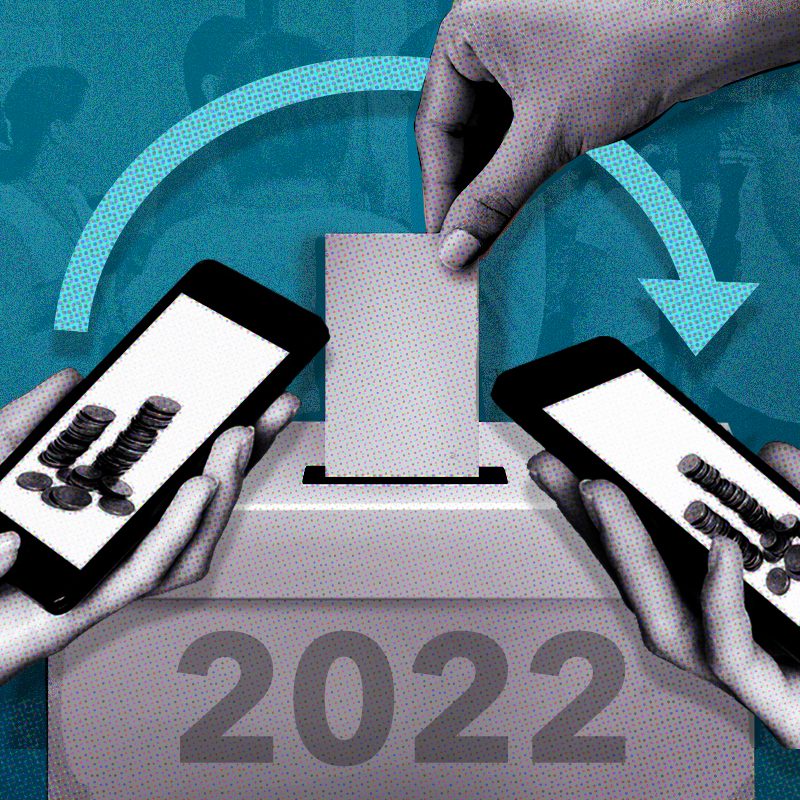
Electronic vote-buying opens the floodgates to the possibility of foreigners influencing the election outcome in 2022, a senior official of the Commission on Elections (Comelec) warned on Tuesday, November 23.
In a virtual forum conducted by New Era University, Comelec Commissioner Rowena Guanzon said vote-buying via electronic means should not be underestimated.
“Hindi iyan ordinaryong vote-buying kung electronic means na iyong pagbabayad nila. That’s election sabotage. Kahit taga-ibang bansa, pwedeng bumili ng boto natin,” Guanzon said.
(It’s not ordinary vote-buying if they are sending the money via electronic means. That’s election sabotage. Even those abroad can buy our votes.)

To emphasize her point about the dangers of foreign meddling in polls, Guanzon cited the elections in the US, which were marred with allegations of Russian meddling in 2016.
“Tayo pa kaya, napakaliit nating bansa (How much more a small country like the Philippines)? If we allow that, foreigners can influence our elections,” Guanzon said. “Iyan ang katapusan ng Pilipinas, kapag ang mga banyaga ay sumali sa eleksyon natin. (That will be the end of us, when foreigners meddle in our elections.)”
Guanzon urged the public to report instances of digital vote-buying to the Comelec, asserting it is ready to bring the complaints to the Bangko Sentral ng Pilipinas (BSP).
“The BSP has the power and jurisdiction,” Guanzon explained. “The BSP has a very intelligent computer and they have the capacity to do this.”
In May, Comelec spokesman James Jimenez admitted that the rise of electronic money transfer services has made it more challenging to police vote-buying.
But he also pointed out that Comelec has not initiated conversations with private sectors about such transactions “because the Comelec is not even mandated or empowered to look into that.”
“These are innovations that should not only apply to elections. These are changes that should apply to the whole range of e-government,” he had said.
Under the Omnibus Election Code, vote-buying is considered an election offense.
A person found guilty of committing an election offense could face imprisonment of up to six years and “disqualification to hold public office and deprivation of the right of suffrage.” — Rappler.com

Add a comment
How does this make you feel?






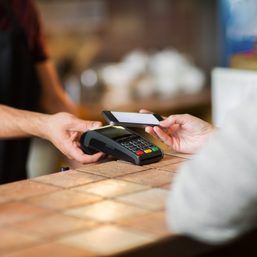
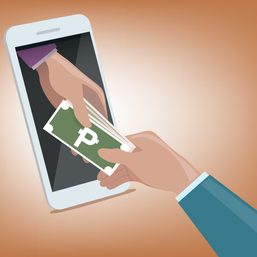

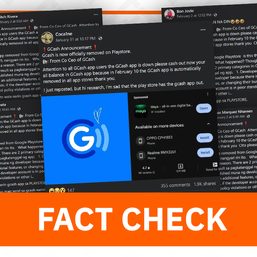



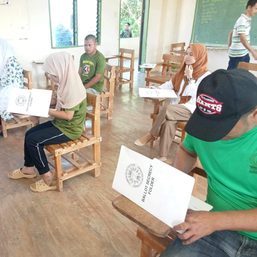
There are no comments yet. Add your comment to start the conversation.